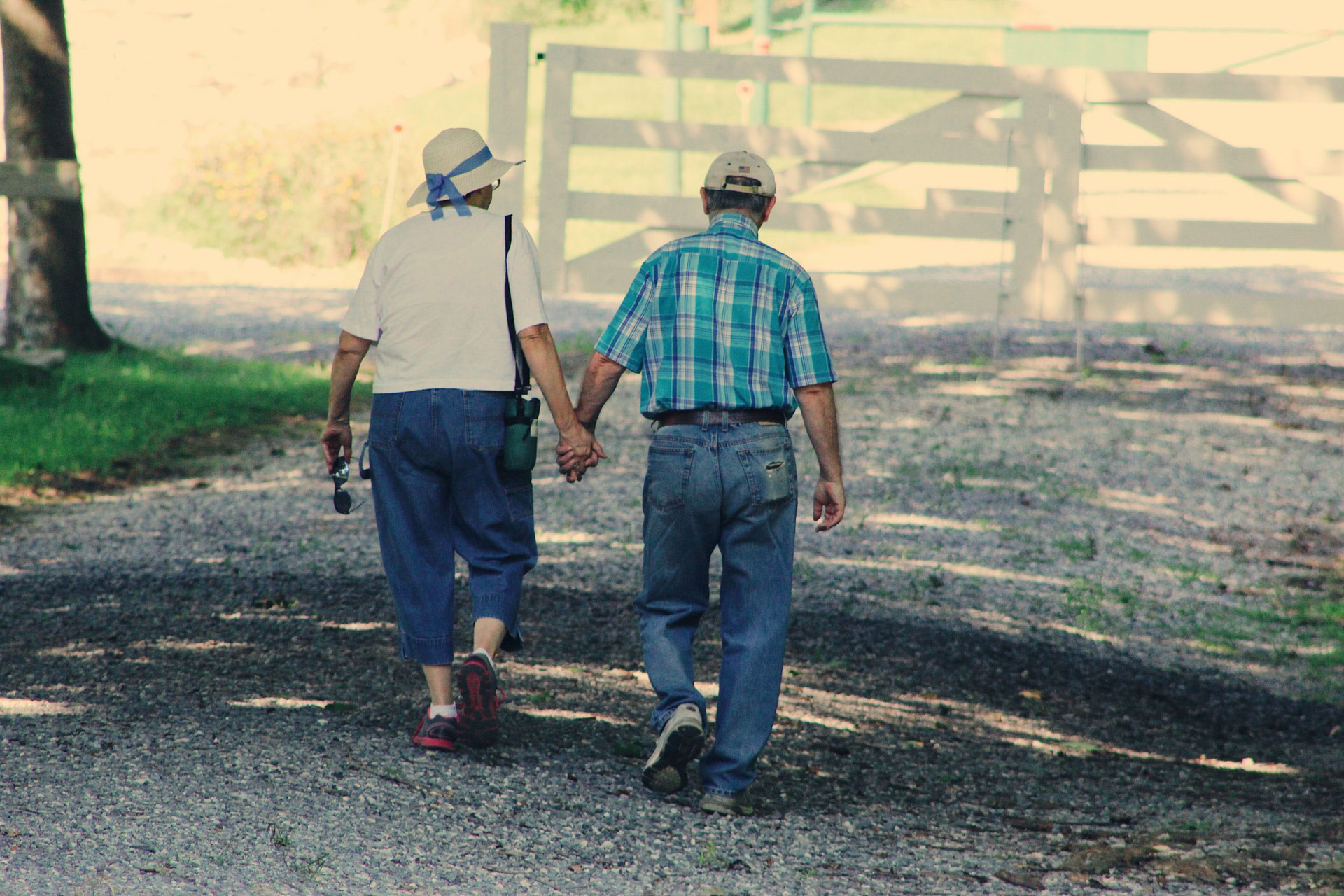Imagine there was a vaccine that could prevent COVID-19. Who would be first in line?
The answer, at least in countries with access to the in-demand vaccine, will be healthcare workers, older people and those with underlying conditions that put them at risk of dying from the disease.
While prioritising those at-risk will be a medical and ethical challenge, one thing seems certain: healthy children will have to wait.
This matters because health systems around the world are generally good at rolling out new vaccines for kids. They (relatively) simply integrate it into established infant immunisation systems. The infrastructure and the staff are already in place.
The problem with any future coronavirus vaccine is that it will be delivered to adults. Many countries have weak – or non-existent – adult vaccination programmes. Where they exist, uptake of vaccines against flu or pneumococcal disease is often low. Setting targets can help, but European countries fall short of long-standing goals to vaccinate citizens aged 70 and older against influenza.
‘We already know that older people, those with health problems and those who work in essential services are at the highest risk from COVID-19. So it follows that when we have a safe and effective vaccine, those will be the groups we want to protect first,’ says Prof David Salisbury, Associate Fellow at the Chatham House Global Health Programme and a member of the Vaccines Today Editorial Board.
‘Industrialised countries do have adult risk-based vaccine programmes, although in many countries they are very poorly implemented. But such programmes simply do not exist in low income countries.’

Opportunity costs
As it will take time to develop and manufacture a new vaccine, governments have time to figure this out. However, most solutions come with opportunity costs. ‘One solution would be to use the health workers who implement their childhood vaccine programmes. But these are scarce and finite resources,’ Prof Salisbury says.
‘How will countries then prioritise: vaccinate older people and compromise childhood programmes, or divert health workers from other functions? Nothing will come without a cost.’
For Dr Daphne Holt, Chair of the Coalition for Life-Course Immunisation (CLCI), the fresh focus on adult vaccination comes with new opportunities to reframe vaccination. The CLCI is urging policymakers to change how they think about vaccination and to invest in a life-course approach to preventative health.
‘A coronavirus vaccine is likely to bring real challenges to any healthcare system,’ she says. ‘But as authorities scramble to expand the capacity of health systems to vaccinate those most vulnerable to COVID-19, they should also consider how this infrastructure can be used to protect more people against flu, pneumococcal disease and shingles.’
Vaccine demand
The challenge with reaching flu vaccination targets is that demand from those at risk is often low. This is due to a combination of complacency, convenience and confidence. But, with demand for coronavirus vaccines likely to be high, governments could consider integrating other vaccines into adult or life-course immunisation programmes.
Community pharmacists are one area where there may be capacity to expand vaccine delivery services. In several countries, pharmacists already offer flu vaccination. Some can also administer pneumococcal vaccines.
Pharmacists are well-suited to reaching those at risk of flu – including older people, and those with heart failure, lung conditions and diabetes. Many of the same groups are vulnerable to COVID-19. Depending on the nature of future vaccines against SARS-CoV2 (particularly its mode of administration), pharmacists could become key players in coronavirus vaccination.
Hospitals already offer staff flu vaccination. Adding a coronavirus vaccine into this system should be straightforward. Demand is likely to be high enough (and supply short enough) that the question of making it compulsory will not arise.
There will still be major gaps. A dedicated immunisation service for care homes is essential. In every country where data of care home deaths is published, they account for a significant proportion of total mortality from COVID-19.
Figuring out who should do this – GPs, nurses who currently provide immunisation, nurses newly-trained in vaccine delivery – remains to be worked out. There is still time to build the required systems and skills, but it would be wise to start now. And wiser still to consider how to incorporate other vaccines and preventative services into this new Life-Course Immunisation Service.




